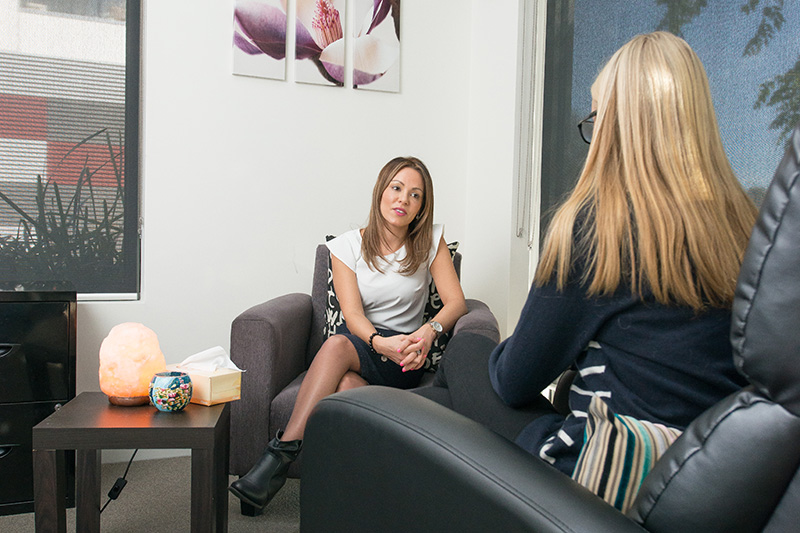Registered psychologists are general practitioners of psychology who work across a variety of settings, from schools to workplaces, community organisations, hospitals, and private practices.
As a registered psychologist, you’ll help people manage everyday mental health issues like navigating stress, relationships, learning difficulties, or career decisions. You can provide assessments, counselling, and evidence-based interventions like cognitive behavioural therapy.







